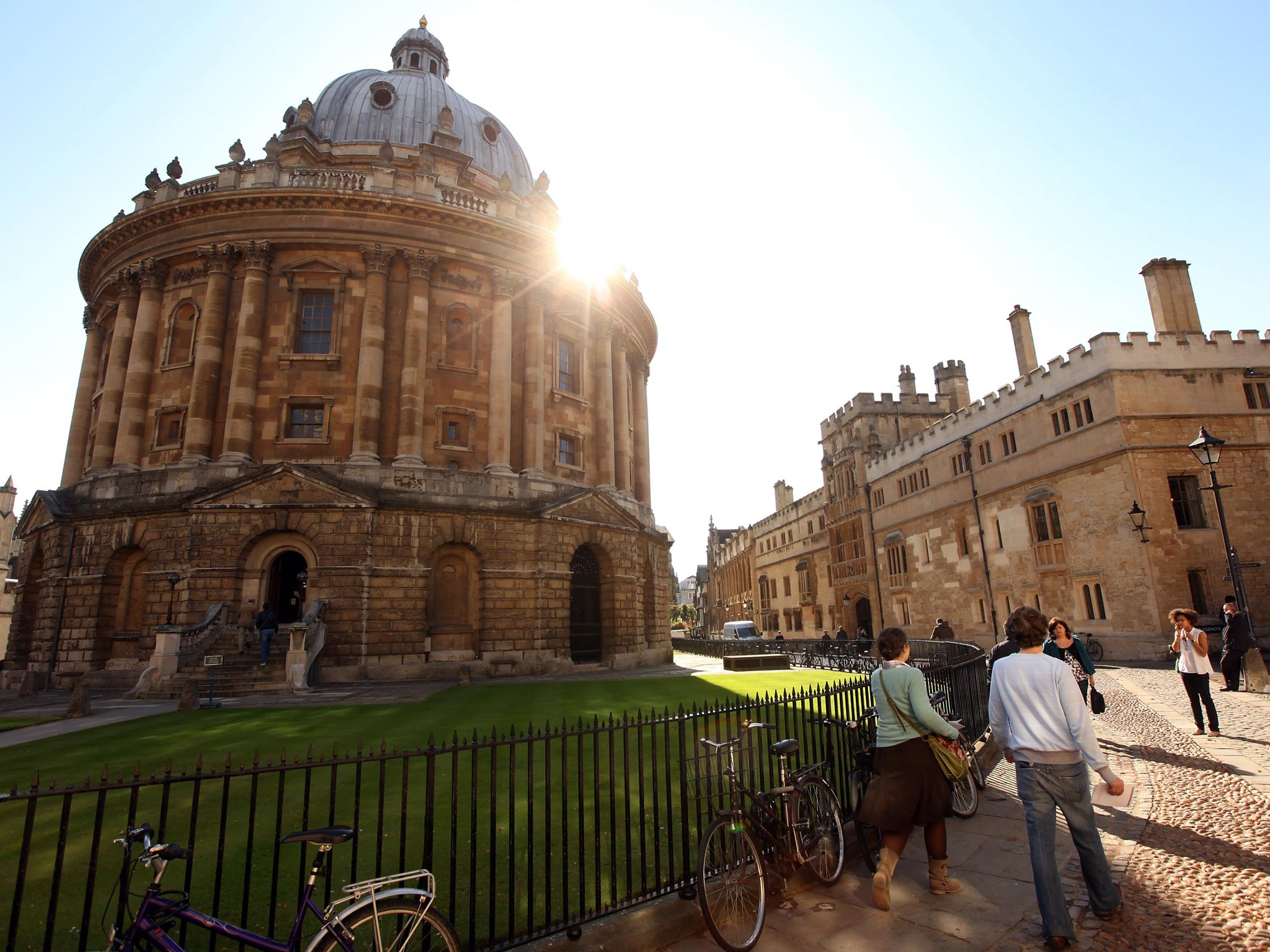You think the NUS is left-wing now - you should have been there in the 80's
There are worse games for students to play than politics, in Oxford and anywhere else


Your support helps us to tell the story
From reproductive rights to climate change to Big Tech, The Independent is on the ground when the story is developing. Whether it's investigating the financials of Elon Musk's pro-Trump PAC or producing our latest documentary, 'The A Word', which shines a light on the American women fighting for reproductive rights, we know how important it is to parse out the facts from the messaging.
At such a critical moment in US history, we need reporters on the ground. Your donation allows us to keep sending journalists to speak to both sides of the story.
The Independent is trusted by Americans across the entire political spectrum. And unlike many other quality news outlets, we choose not to lock Americans out of our reporting and analysis with paywalls. We believe quality journalism should be available to everyone, paid for by those who can afford it.
Your support makes all the difference.This is not the first time Oxford undergraduates have showed an aversion to pan-studential solidarity.
A long, long time ago, I think 1980, the students of Oxford - occasionally an unpredictable lot - rebelled against the constraints and pretensions of party politics by voting for an “independent” candidate as student union president. He wanted to disaffiliate from the NUS, and pledged to dish out free beer at general meetings of the student union. On this flimsy platform, he scored a convincing win. His party was called the Bernadista Silly Party, or Bernadistas for short, which lent it a sort of Pythoneqsue charm, and was named thus because the individual who led it bore a remarkable resemblance to Bernard Levin. I’m not sure anyone knew his real name, but it was thought he led his insurgency out of Trinity College, never an institution noted for its burning sense of social injustice. Anyway, he replaced a right-on female Labour Oxford University Student Union (OUSU) President, Lesley Riddoch, and an era of lefty protest ended.
There was the sense that the undergraduates simply wanted to pull the bedclothes over their heads and go back to sleep until a particularly bitter period in politics – Thatcher, 3 million unemployed, Cold War, Labour splits - passed away.
The episode did not last long, and soon it was business as usual. As a sort of reprisal, the Oxford University Labour Club instructed its members to boycott the Oxford Union (President: William Hague, Magdalene). So Labour “hacks”, as they were called, had to make their way in OUSU. During my tenure as my college’s delegate to the OUSU Council, I often found myself sat next to Jacqui Smith. As Alan Partridge might say, if you’d told me then that just a few decades later she would be Home Secretary and involved in as scandal because her hubby had been caught trying to claim for porn on the taxpayer, I’d probably have spat at you.
The other Labour politico from that era became less famous – John Grogan. John served as MP for Selby until 2010, and is now chairman of the Mongolian British Chamber of Commerce. I remember him best for his friendly, open style and the introduction of a motion to the student council about a country he named “Nambia”. We were rightly famed for our international perspective. So yes, training ground for labour hacks, but maybe not the best preparation for politics that they might have enjoyed.
Of course, John meant Namibia, then under the occupation of apartheid era South Africa, and struggling for its freedom. That episode shows rather neatly just what is right and wrong about student politics, then as now. Right, in the sense that idealism is no bad thing at any age, and the general movement of public opinion at every level gradually helped liberate Nelson Mandela and the peoples of South Africa barely a decade later. But what was also true was that an embarrassing number of the OUSU Council delegates probably couldn’t find Nambia/Namibia on the map, even if they could pronounce it correctly, and the South African government of Prime Minister John Vorster, who had defied virtually the entire international community, had a guerrilla war brewing on the border and was developing its own nuclear weapons, was liable to ignore a bunch of kids in jeans and leggings playing at politics.
He was wrong, though, and there are worse games for students to play, in Oxford and anywhere else.
Join our commenting forum
Join thought-provoking conversations, follow other Independent readers and see their replies
Comments